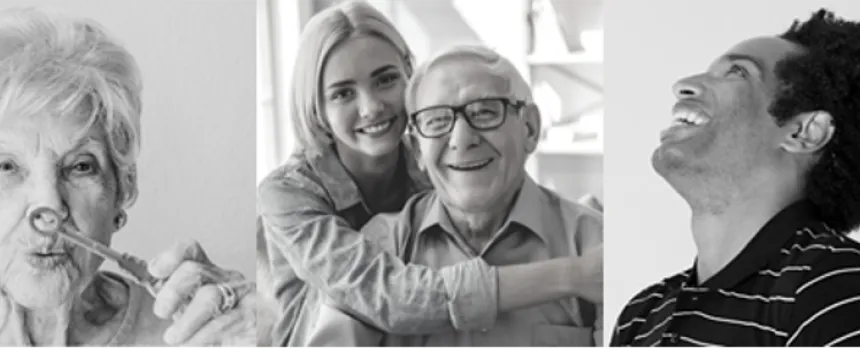Organ Donation: Your Power to Save Lives

What does the number eight mean to you? Probably very little, but it means a chance at life to the more than 103,000 men, women, and children on the organ transplant list. A person who chooses to become an organ donor has the power to save eight lives through organ transplant and to enhance up to 75 others with tissue donations, according to Donate Life America.
The need for organ and tissue donation is urgent and constant. Every eight minutes another person is added to the transplant waiting list. Every day an average of 16 individuals on that list die waiting for a transplant.
While these statistics are dismaying, they don’t need to be. You can save a life — or several lives — by choosing to become an organ and tissue donor. The process is simple. You can designate that you wish to be an organ donor upon death on your driver’s license.
One Step Gives You the Power to Save Lives
See the impact you can make:
- Save three to four patients who are dying from heart, liver or lung failure.
- Liberate two patients from kidney dialysis via kidney transplant. Dialysis treatments can take nine to 12 hours a week and have a major impact on the lives of both patients and caregivers.
- Potentially cure someone of Type 1 diabetes with a pancreas transplant.
- Save the limbs of numerous people threatened by cancer or severe trauma with donor bone grafts.
- Save numerous burn victims with skin donation.
- Provide life-enhancing tissue transplants, including corneas and heart valves to numerous others.
Living Organ Donation
You can even help a person in your lifetime by becoming a living organ donor. People suffering from end-stage kidney or liver disease can live healthier, longer lives when you register as a living donor.
Because we can live with one functional kidney, you can potentially donate the other to someone in need. And your liver regenerates (grows back) after you donate a section or lobe of your liver to a patient with end-stage liver disease. Patients who receive a living donor organ are taken off the national registry. This allows others in need to have better chances of getting a transplant.
You have the power to save a life or many lives by registering to be an organ donor.
Note: The content of this blog is for informational purposes only. It is not intended for use as diagnosis or treatment of a health problem or as a substitute for the professional consultation of a physician or qualified health care provider. If you have specific questions or concerns regarding a health or medical condition, contact your physician or a licensed health care professional.



